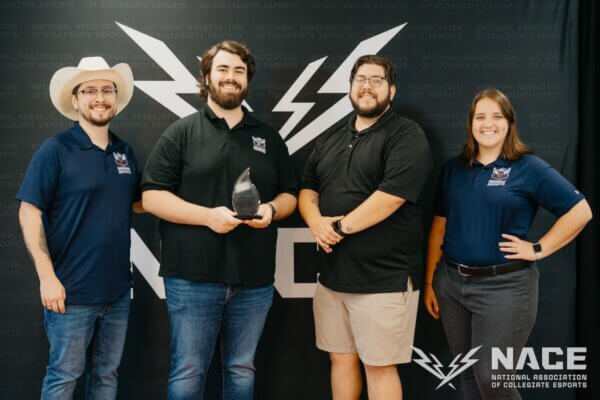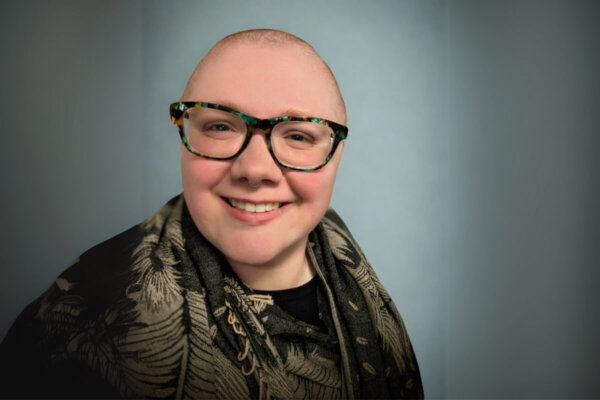Grant Aims To Create Diversity In Faith Leadership
Outreach Kicks Off With Yearlong Effort
Shenandoah University will bolster the student diversity of its Faith Seeking Justice (FSJ) Christian Leadership certificate program with the help of a $5,000 grant from the United Methodist Church (UMC). Shenandoah, which is a UMC-affiliated institution, received the funds from the United Methodist Church’s General Board of Higher Education and Ministry’s Ethnic In-Service Training Grant Program.
The university recently reduced the number of credits needed to earn the certificate, allowing more students of faith to earn the certificate as a complement to their other studies. However, the university also wants to attract students from a greater variety of backgrounds and ethnicities to the program because leaders must more fully reflect the people they serve.
The university’s Office of Spiritual Life will join with both the Mosaic Center for Diversity and Office of Residence Life to connect with students who not only have a strong spiritual outlook, but who are also considering careers related to religious leadership, education, social activism, poverty reduction, family and children’s services and civil rights. This trio of university offices will reach out to students through a wide variety of channels, including well-established student organizations like the Black Student Union and Estudiantes Unidos. Once students commit to the FSJ program, they will be paired with mentors who share their backgrounds and interests, as well.
The Faith Seeking Justice Christian Leadership program has been an integral part of building student leaders at Shenandoah. This grant will allow us to continue removing barriers that have prevented students from becoming part of FSJ in the past. Though we applied for this grant in March, the most recent national attention on racial injustice shows us that ethical, compassionate Christian leaders are needed now more than ever.”Assistant Dean for Student Leadership and Development Maggie McCampbell Lien.
Shenandoah is engaged in a larger university effort to expand inclusion, diversity and equity initiatives. Efforts range from a newly revised Non-discrimination and Bias Policy as well as the establishment of new staff positions, such as an assistant provost for inclusion, diversity and equity.
“This project will embolden the content of the FSJ program to deal more deeply with justice issues of racial and ethnic identity,” Shenandoah’s grant application states. Students will receive training in Reflective Structured Dialogue (RSD) facilitation and Safe Zone (connected to LGBTQ+ issues) instruction as part of their development as leaders who are welcoming, inclusive and affirming. With such skills in hand, FSJ students will facilitate popular programs, such as Dinner Dialogues and Hot Topics, which are currently led by professional staff. “Peer-led conversations lead to better learning for students and will be highly beneficial for our campus. FSJ students will become leaders of critical conversations, specifically those connected to racial and ethnic identity,” the application states.
The majority of the grant money is slated to be used to provide scholarships to students of color in the FSJ program. Additionally, grant funding will help cover materials and incidental expenses for RSD and Safe Zone training for FSJ students as well as for promotion of the program itself.
The university anticipates starting the grant-funded, year-long outreach effort in September 2020, and then intends to build on the effort’s initial momentum in the future.




